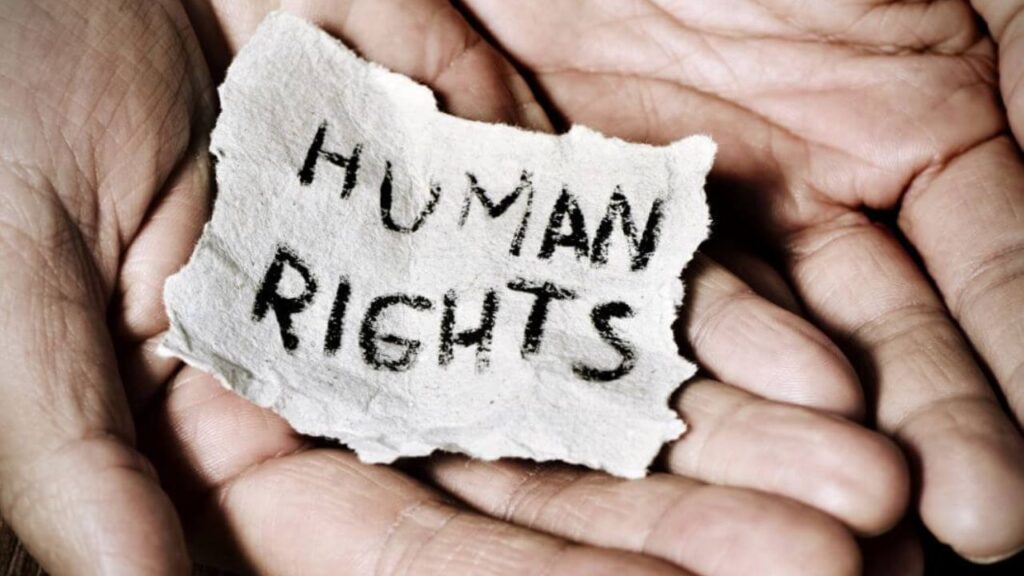Delve into the heart of American democracy as we explore the pivotal role of the Bill of Rights in combating poverty. This cornerstone of the United States Constitution doesn’t just safeguard freedoms; it’s a vital weapon against economic disparity.
Table of Contents
The Bill of Rights: A Safety Net for the Vulnerable
The Bill of Rights, comprised of the first ten amendments to the United States Constitution, is traditionally seen as a protector of civil liberties. However, its implications extend beyond that to providing a safety net for those facing poverty. By safeguarding fundamental rights such as freedom of speech, the right to a fair trial, and protection from unreasonable searches, it ensures that all citizens, regardless of their financial status, have a voice and recourse in society.
The right to a fair trial, free speech, and peaceful assembly are particularly significant. They allow citizens to challenge injustices and advocate for better living conditions, fair wages, and social reforms. Moreover, by preventing unfair discrimination and ensuring equal protection under the law, the Bill of Rights supports equal opportunities for all, which is crucial for breaking the cycle of poverty.
Protection Against Economic Hardship: The Unsung Benefits
Beyond its more well-known protections, the Bill of Rights protects citizens from economic hardship. For instance, the right to own and sell property without unfair seizure enables individuals to build and maintain wealth. The protection against unreasonable searches and seizures assures citizens that their personal space and belongings, no matter how humble, are their own, safeguarding their dignity and stability.

Unveiling the Legacy: Why Was Bantu Education Passed?
Furthermore, the guarantees of the right to collective bargaining and safe working conditions help employees negotiate fair wages and maintain jobs that provide a livelihood above the poverty line. These rights are crucial for economic stability and ensure that citizens have the means to support themselves and their families.
A Voice for the Voiceless: Advocacy and Equality
The Bill of Rights empowers all citizens, particularly those in poverty, to advocate for their rights and change. Through peaceful protests, workers’ strikes, and the right to petition, individuals can fight against unjust labor practices and policies perpetuating poverty. This aspect of the Bill of Rights transforms it from mere legal guarantees into a dynamic tool for social justice and economic reform.
The Bill of Rights – A Pillar Against Poverty
The Bill of Rights goes beyond protecting individual freedoms – it is a foundational element in the fight against poverty. Ensuring equal protection, safeguarding personal property, and enabling advocacy provide a framework for all citizens, regardless of economic background, to seek justice and improve their circumstances. The power of the Bill of Rights in protecting against poverty is not just legal rhetoric; it’s a living, breathing force in the pursuit of a more equitable society.
